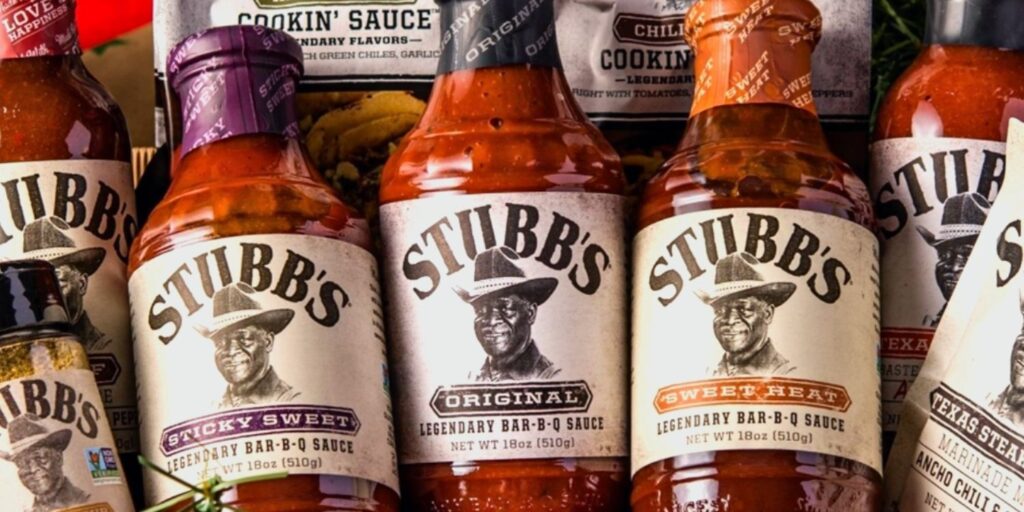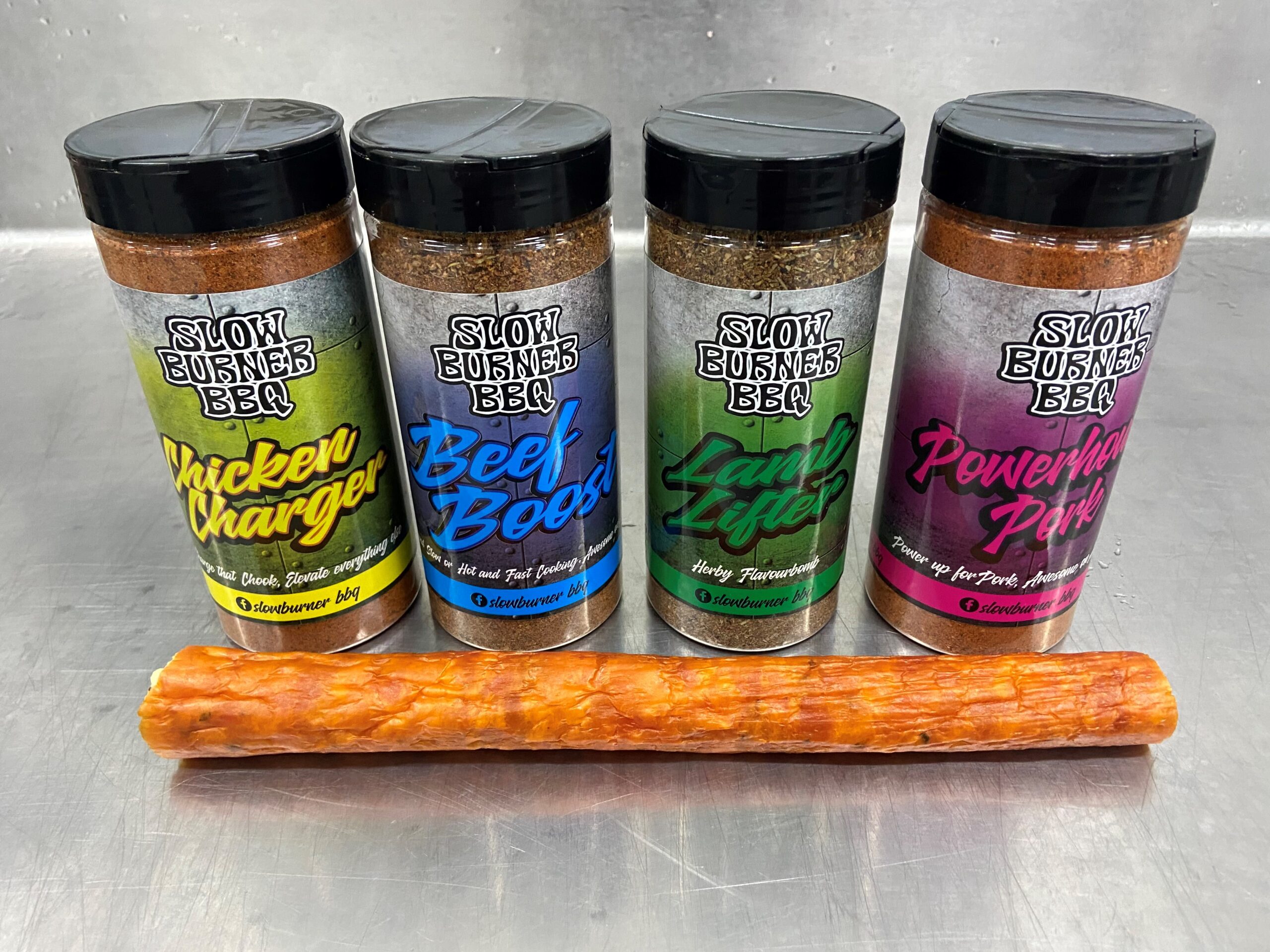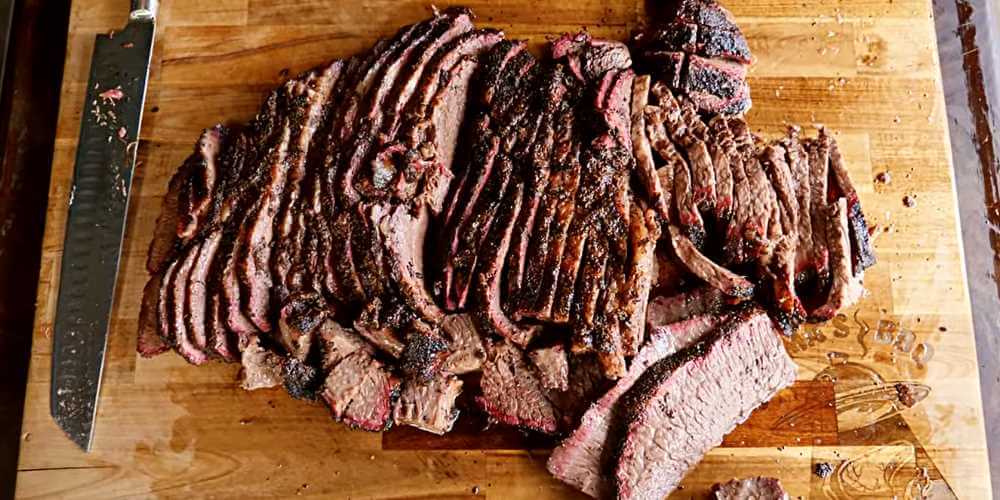The Low Down on Rubs and Marinades

Being able to choose from so many different alternatives is one of the best things about BBQ. You may pick the food, the seasonings, and tastes you want to use, as well as the grilling technique you want to experiment with. However, for those who are unfamiliar with the world of barbeque, the sheer number of options available may seem intimidating. For instance, knowing the distinction between dry rubs and marinades for grilling might first seem intimidating, but it’s a skill you need to develop if you want to obtain the maximum flavour from your meat. Here, we’ll go through the differences so you can improve your cooking skills.
What are Rubs?
A rub is a mixture of seasoning and flavouring components used to season and flavour meat or poultry before it is grilled. Rubs can be either dry or wet. Similar to brines, barbeque rubs mostly have two flavours: salty and sweet. Though you might add to them, salty and sweet are the fundamentals. Rubs can be used right before cooking or up to several hours in advance; it’s up to you. Rubs can be used right before grilling, roasting, or barbecuing; they are not necessary to be applied in advance. Rubs can be applied ahead of time for convenience, but to preserve food safety, the meat should be covered and chilled. The longer the rub is left on the meat, the more intense the tastes will be.
What are Marinades?
Before cooking, food is dipped into a mixture that has been flavoured by the components of your choice. This procedure is known as marinating. It’s a fantastic method for enhancing food flavour. And the greatest thing is that only a few simple items are required! To execute a fantastic BBQ, you don’t need to be a brilliant cook. Simply said, a good marinade is the key. If you adhere to a few simple guidelines, such as cutting your meat, anything really, into manageable bits, slathering the chunks with delectable sauce, and letting them soak before cooking, it’s quite simple.
History of the Spice Rub
Up to 6 million years ago, it was known that spices were employed not just in religious offerings but also in culinary all around the world. By 2000 BCE, the spice trade was thriving throughout eastern Asia and the subcontinent, thanks in large part to the Chinese culture’s profusion in this area. Numerous places have recorded histories regarding certain spices. In India, there is evidence of the grinding of herbs and spices as early as 2600 BCE. The first western curry recipe was written down in 1747 and called for salting the raw meat pieces and pounding the spices with a shovel. The French were also adept at pre-cooking meat with a straightforward salt and black pepper rub. Therefore, the practise of rubbing spices directly into raw meat before cooking has been practised by tribes all throughout the world for millennia. Although there is evidence of BBQ in the Caribbean, the idea of a spice rub was not well recognised until the 19th and 20th centuries in America.
History of the BBQ Sauce and Marinade
Père Labat, a Dominican missionary, observed cooks seasoning grilled meat with lime juice and chilli peppers while he was in the French West Indies in 1698. This recipe’s origins may be found in Africa, where seasoning meat with lime and lemon juice is a common practise. When Adam Scott started a barbeque restaurant in Goldsboro, North Carolina, in 1917, the oldest commercial barbeque sauce still produced. The components for Scott’s barbeque sauce are nothing out of the ordinary for the area, despite the fact that Scott, a preacher, said they came to him in a dream. The majority of the ingredient was vinegar.
What is the difference between a rub and a marinade?
A rub is a topically applied seasoning that will season the protein and may provide a wonderful crust or bark without penetrating too deeply or altering the cellular structure. This effect is produced by the cooking process caramelising sugar, which is generally included in a rub. Rubs are an excellent method to quickly add flavour to whatever you want to grill without having to plan ahead because you can let it sit for anywhere from a few hours to overnight. However, since it won’t permeate the meat that much, you don’t have to. Spices combined with an acidic liquid, such as wine, vinegar, or citrous, is known as a marinade. Tougher meat slices can be made more soft by the acidity, which also enhances taste. Unlike seafood and leaner meats like skirt steak, which should only marinade for around an hour, hearty meats like steak, hog, and chicken should marinate for anywhere between 12 and 24 hours.
Dry Rub vs Wet Rub
Salt, sugar, and paprika are the basic ingredients of dry rubs. From this base, you may build your flavour with any herb, spice, or combination of spices. Use dry heat while cooking with your dry rub, such as when grilling, smoking, or pan-frying. Some of the same spices used in dry rub ribs are also used in wet rub ribs, which have a liquid basis like vinegar or oil. Brown sugar, beer, pepper, vinegar, olive oil, and vinegar are a few common components. Good rib rubs have the viscosity of paste, which helps the rub adhere to the meat. Applying the wet rub liberally and cooking the meat slowly are the greatest practises; slow cooking is the best technique to flavour meat thoroughly. The ribs absorb moisture from the rub as the exterior is charred.
Tips on Making a BBQ Rub
Use spices and ingredients that are still fresh when choosing or developing a rub recipe. Spices should be thrown away if they have lost their efficacy. We advise starting with a simple recipe and modifying the taste profile by adding a few ingredients or changing the components to suit your preferences. Before using your rub on meat, it is advised to sample it to make sure the flavour profile is to your liking. Here are some more tips on creating the best dry rub for your BBQ or beef brisket delivery (If you are in the BBQ business)
- Create a unique flavour profile by using spices, fresh and dry herbs, and adding a sweet and spicy component
- Apply it before grilling, roasting, or slow cooking.
- If you want a more intense flavour, rub it in hours in advance.
- Add a liquid component like lemon or lime juice or oil if you want to make a wet rub.
Tips on Making a BBQ Marinade
The key to a great marinade is finding the proper ratio of the fundamental components, which might include oil, salt, acid, or enzymes (such as those found in mango or kiwifruit), as well as spices, herbs, and something sweet (sugar or honey). These all help to improve the taste, add moisture for succulence, and soften the protein in the meat to make it more tender. Cheaper and tougher cuts of meat may be improved with a tasty marinade.
- Prep meats in advance. Marinating works best with thinner cuts of meat.
- Use food-safe plastic containers or glass containers, or zip-lock bags
- Marinate your meats in the refrigerator
- Match the marinating time with the cut of your meat. Thinner cuts may need less time to marinate.
- Don’t cook your meat in overly high temperatures. Marinated meat has a tendency to burn faster because of its sugar component.
What are the three components of a marinade?
An acid (such as vinegar, wine, or citrous), a fat (such as olive oil or sesame oil), and a flavouring agent are the three main ingredients of a conventional marinade (such as herbs and spices). These components combine in various ways to alter the flavour and texture of your food.
Acid
Acids assist in enhancing the taste of meat in a variety of ways. Acids aid in the breakdown of the connective tissue in meat, allowing for deeper penetration and a mild tenderising of the flesh. For a flavour profile to be balanced, an acidic flavour element is also crucial.
Fat
Because it aids in the flavour transmission from the marinade to the meat, fat is a crucial ingredient in marinades. The moisture it adds helps the dish retain its flavour while the acidity buffers some of the harsher effects of the cooking process. Generally speaking, a marinade should have a 2:1 ratio of fat to acid (two parts fat to one part acid).
Seasoning
Dried spices, fresh herbs, and garlic are examples of strong tastes that work well in marinades, but it’s best to slightly pound these components to bring out more of their flavour. Or, roast dried spices, bruise fresh herbs, and crush garlic cloves.

Marinades and Rubs FAQ
The Ultimate BBQ Rub is a wet rub that combines the best of a marinade with a dry rub for improved grilling results. A tasty paste that truly adheres to the meat is created by combining the spices with a small amount of oil and lime juice. It works well with beef, chicken, pig, and seafood.
One of the main benefits of utilising dry rubs is that, unlike marinades, they don’t add any more moisture to the outside of the meat.
The ideal time to dry rub meat is anything between 15 minutes and 2 hours. A rub requires time to infuse its taste before it can produce optimal benefits.
A moist rub could be preferable if you’re preparing meat that is already slightly dry, like poultry. The addition of a little amount of oil or any liquid with a neutral flavour transforms any dry rub into a wet rub that may be used as a paste. It’s critical to utilise fresh ingredients when creating a rub, whether it’s wet or dry.
Rubs are spice mixtures with flavours that are created from dried herbs, spices, sugar, and salt.

